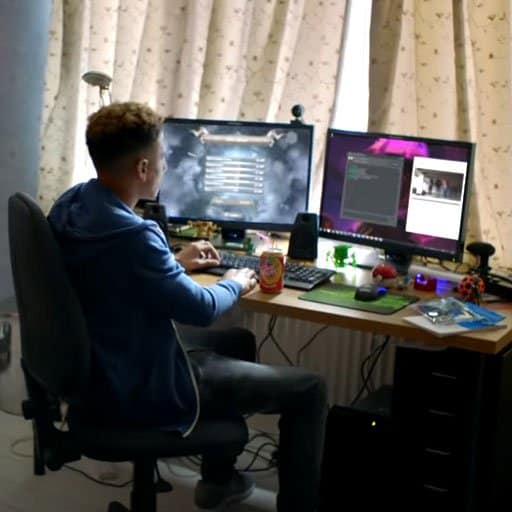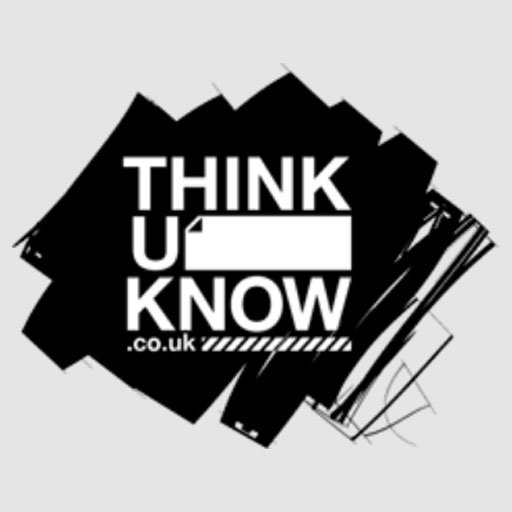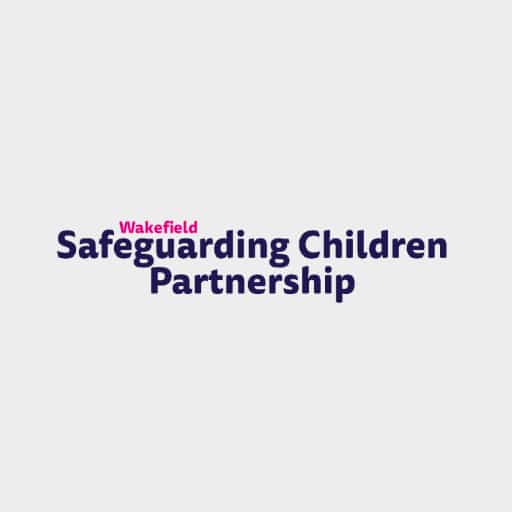
STAYING SAFE ONLINE
Having a mobile phone or tablet and going online can be good for lots of reasons. But it's important to be aware of the dangers too and how to protect yourself when you’re online.
Did you know Every time you go on the internet do you know you leave a digital footprint? It’s easy to think we are invisible online, but think about who is able to see what you write or upload, or even share what you have posted to other people.
Be careful who you add as a friend, what you post, reply to (especially if negative) or share as this can have an impact on you and give people lots of information to build up a picture about you.
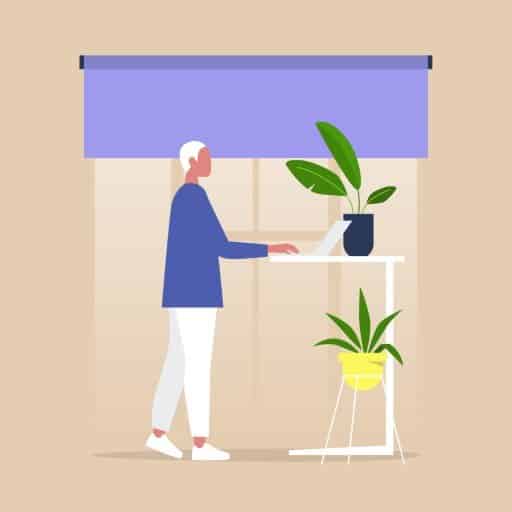
Top 5 tips to stay safe online
1. Think before you post. Always remember once you post something, you lose control of it, especially if someone else screenshots or shares it. Don’t upload or share anything you wouldn’t want your parents, carers, teachers seeing.
2. Don’t share personal details. Keep things like your address, phone number, full name, school and date of birth private, and check what people can see in your privacy settings. Remember that people can use small clues like a school logo in a photo to find out a lot about you.
3. Think about who you’re talking to. There are lots of ways that people try to trick you into trusting them online. Even if you like and trust someone you’ve met online, never share personal information with them like your address, full name, or where you go to school. Find out more about grooming.
4. Never give out your password. You should never give out your password or log-in information. Make sure you pick strong, easy to remember passwords.
5. Cover your webcam. Some viruses will let someone access your webcam without you knowing, so make sure you cover your webcam whenever you’re not using it.
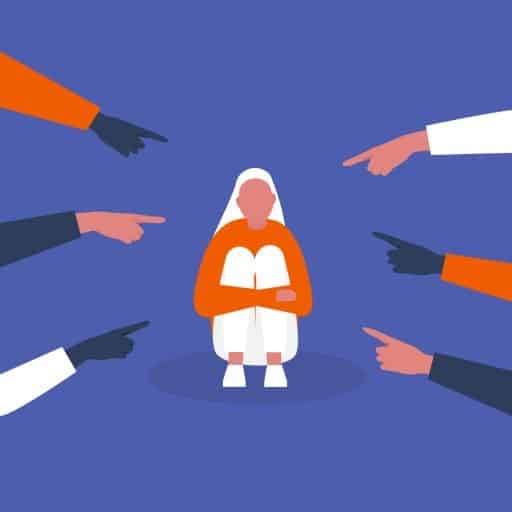
Online abuse
Online abuse can happen on any device that is connected to the internet, it could be by someone you know or a new ‘friend’. If anyone (someone you know or a stranger) starts a conversation, sends a message or image or asks you to do something that makes you feel sick, frightened or uncomfortable tell an adult straight away and report it to the police by calling 101 or via the Child Exploitation and Online Protection Centre online or offline, as this is a crime.
Remember new friends you make online may not be who they say they are, but these ‘new’ friends’ will see posts you share and see the things you follow and ‘like’.
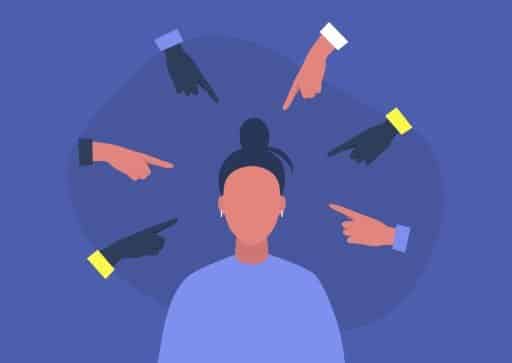
Types of online abuse
There are different types of online abuse. It can be constant negative comments (called emotional abuse), or if someone is gaining your trust as a way to get you do inappropriate things for them (grooming and exploitation). These things may include sending or viewing sexual images, videos or messages or being pressured to meet them for sexual activities.
More resources about staying safe online

Safety Centre If you are worried about online sexual abuse or the way someone has been communicating with you online please go here for further advice and support.

Safety Centre If you are worried about online sexual abuse or the way someone has been communicating with you online please go here for further advice and support.

